Survivors of FGM, No Matter What
What is female genital mutilation?
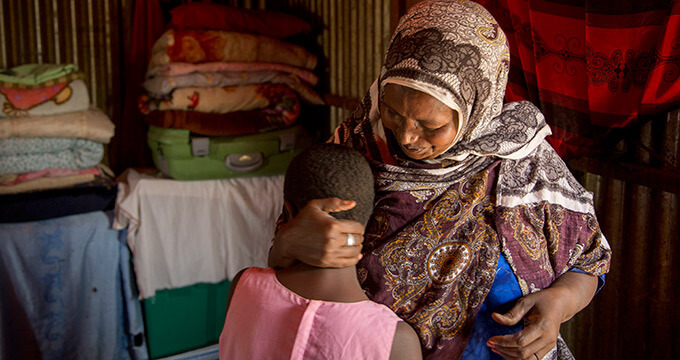
Female genital mutilation (FGM) is a harmful practice where girls’ vulvas are cut, pierced, or otherwise altered. There are different types of FGM, ranging from the full or partial removal of the clitoris to the removal and repositioning of the labia over the vaginal opening. FGM often happens as part of a religious or cultural ceremony when the girl is a newborn, for girls in a certain age group, or when a girl reaches puberty. The practice stems from false beliefs that FGM protects women’s purity, suppresses their sexuality, or increases their fertility.
Regardless of how or when it occurs, FGM is an incredibly dangerous practice and an extreme form of gender-based violence.
Reproductive Health Needs and Challenges
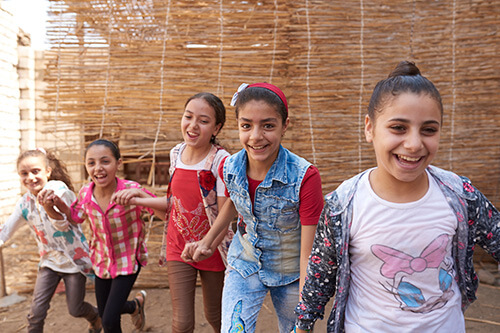
There are 200 million women and girls alive today who have survived female genital mutilation. These women and girls live all over the world, but FGM is most common in the Arab states and Sub-Saharan Africa. Parts of Asia, Latin America, and Eastern Europe also practice FGM.
Each year, about 4 million girls undergo FGM. The practice is deeply rooted and families who decide not to cut their daughters risk becoming social pariahs. One of the most effective ways to end FGM is community abandonment. This is when a community collectively decides to stop performing FGM because it is harmful to girls. This tactic decreases the risk that any one girl or family may be harmed by not partaking in the practice.
Another issue surrounding FGM is the medicalization of the practice. This is when a doctor or nurse performs FGM or the practice occurs in a health facility. Families who opt for medical FGM think that the practice is safer. However, medicalized FGM has the same long-term consequences as FGM that occurs outside of a health facility. Health care workers who perform medical FGM threaten to normalize and institutionalize this dangerous practice.
Health Risks of FGM
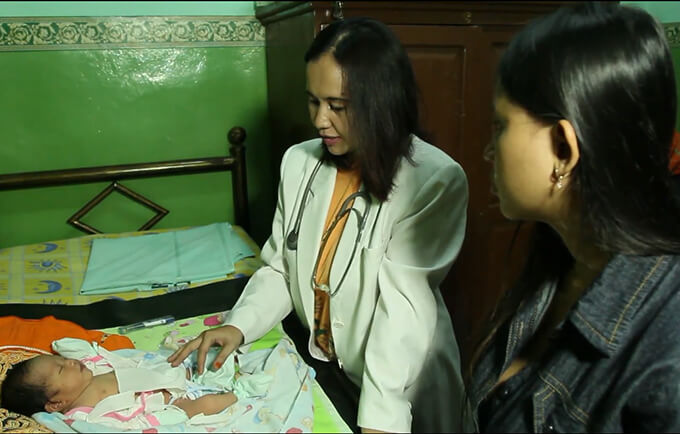
Each year, too many girls bleed to death after being cut. Further, if a cutter uses the same instrument for several girls, the risk of HIV infection increases. People living with HIV/AIDS face lifelong health issues or death, especially if they are unable to attain treatment. As one former cutter in Uganda explains, “I used the same knife on seven girls. The first had HIV/AIDS, so all seven got it. Now they’re all dead.”
Girls who do survive face an array of potential health issues. Almost all girls who are cut experience decreased sexual dysfunction and pleasure. Some girls develop behavioral issues, stemming from mistrust of their families or elders. Others face anxiety, depression, or post-traumatic stress disorder. Some girls will have chronic infections due to improperly healed wounds or their inability to urinate or pass menstrual blood. Survivors of FGM who want to become mothers face increased risk of fertility issues, childbirth complications, and being cut again during delivery.
Even though there is a long list of harms associated with FGM, communities’ strong religious or cultural attachment to the practice makes it difficult to end.
What UNFPA is Doing to Care for Survivors of FGM
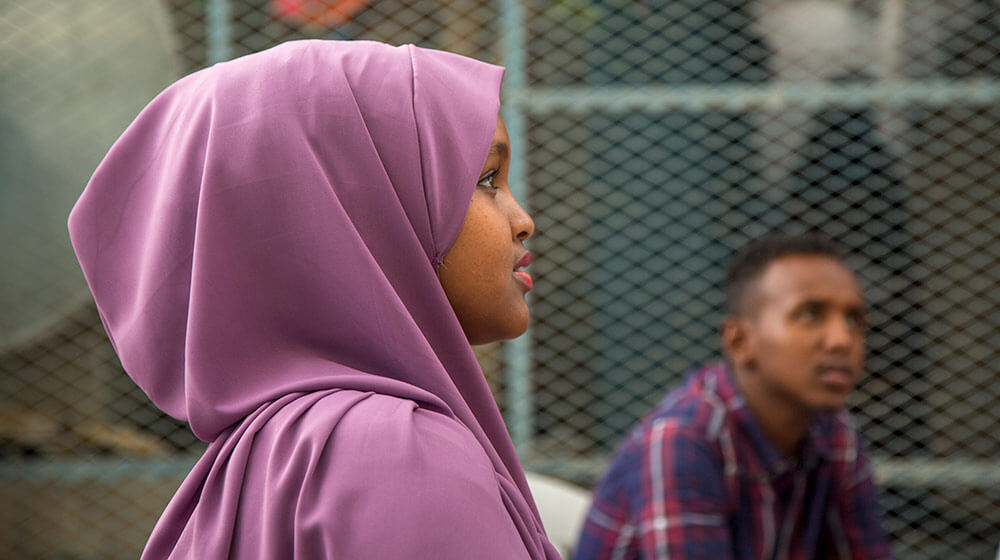
UNFPA has been a global leader in the fight to end FGM. The agency approaches FGM at the national and community levels by pushing for legislative bans against the practice and by educating communities on its harms. Ultimately, UNFPA works with communities to abandon FGM. UNFPA also lifts the voices of advocates working to end FGM.
UNFPA also supports survivors of FGM with lifesaving sexual and reproductive health care that is sensitive to their particular needs. This includes prenatal and safe delivery care, psychosocial counseling, and safe spaces where survivors of violence, including FGM, can build community.
What Happens Next?
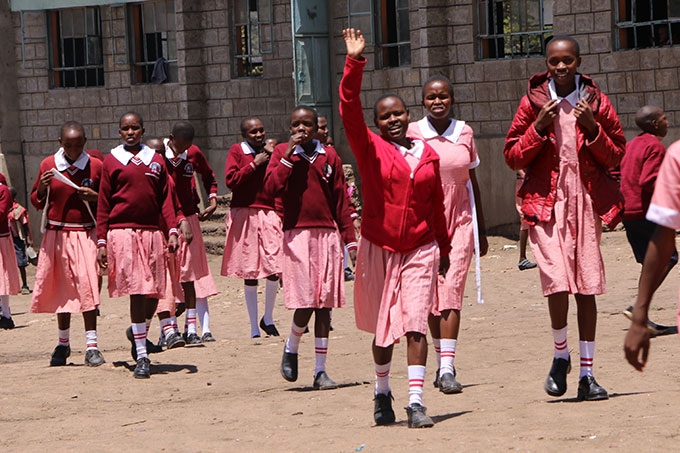
to avoid FGM and child marriage. © UNFPA Kenya/Douglas Waudo
UNFPA has committed to ending FGM by 2030. However, meeting that goal could be difficult. UNFPA predicts there are 68 million girls at risk of FGM by 2030. The COVID-19 pandemic has worsened this situation by disrupting programs that address FGM. 2 million additional girls could experience FGM over the next decade due to the pandemic. UNFPA and its partners must remain dedicated to the health and rights of vulnerable girls to end FGM for good.
Survivors of female genital mutilation deserve access to the lifesaving reproductive health care they need, no matter what.
-Dana Kirkegaard
USA for UNFPA’s No Matter What series demonstrates UNFPA’s commitment to provide every woman and girl with lifesaving reproductive health care, no matter what. Each month, we will highlight a group of people who face specific challenges to accessing sexual and reproductive health care. To receive our No Matter What series and other publications directly to your inbox, sign up here.